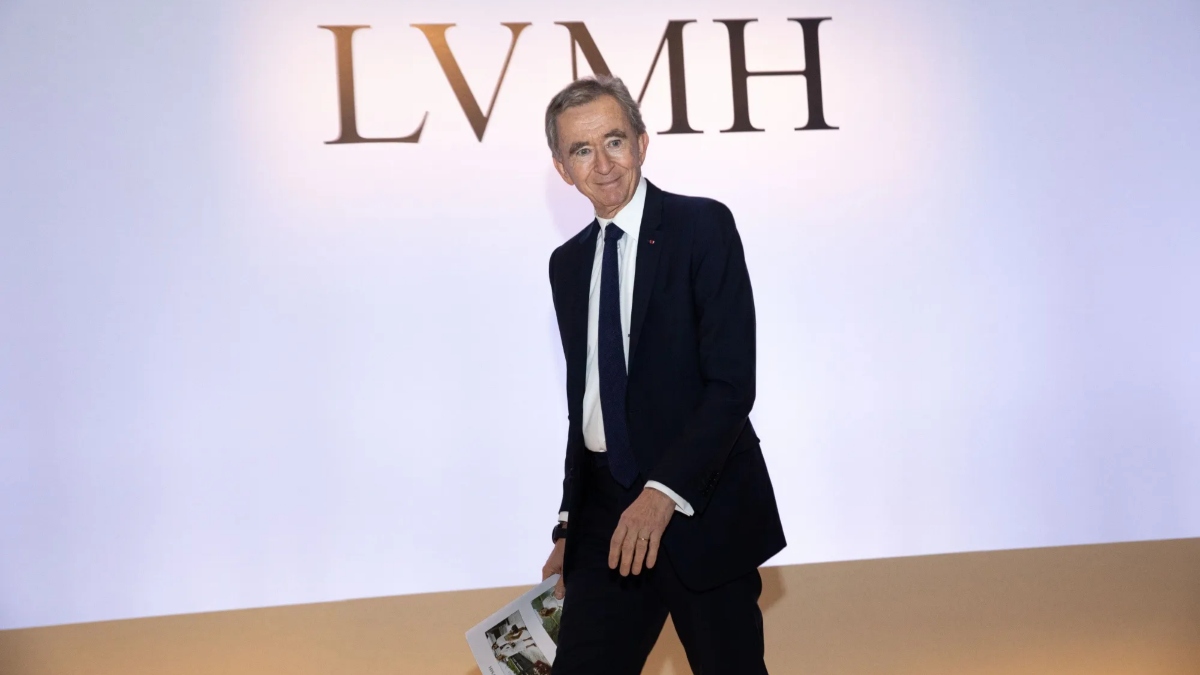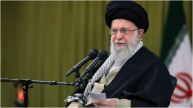The shine of the global luxury market has continued to fade, after industry heavy weight LVMH (short for Moet Hennessy Louis Vuitton, and parent to the recurring brand Louis Vuitton) indicated continued weakness in several key markets. The Paris based conglomerate, which houses luxury brands like Louis Vuitton, Dior and Tiffany & Co. told investors and analysts that weak demand across key markets especially in China, is expected into the second quarter.
In a report by Bloomberg, LVMH acknowledged that recent sales weakness may persist in the future. The company did not meet market expectations last quarter with notably sharp declines in Asia, with organic revenue growth in China and the Asia-Pacific region as a whole declining 11%, relative to last year – the same decline witnessed last year. This part of the world is critical for the luxury mega-brand, accounting for 30% of total revenue – compared to 24% for the United States.
The slump in China, previously a hotbed of luxury consumerism, is a combination of a lack of consumer sentiment and macroeconomic headwinds. The post-pandemic economic bounce-back in the country continues to be tepid, with additional setbacks arising from fresh trade row, amplified by new US tariffs, which has further diminished consumer sentiment.
This downcast outlook has marked the luxury sector as a whole. Expect to see Kering (owner of Gucci), Richemont (owner of Cartier), Tapestry, Ralph Lauren, and Capri Holdings, feeling the knock-on effects. Capri, for example, recently sold its Versace brand to Prada for $1.4 billion – that is a huge indicator of the changing tides within the market.
Investor sentiment is also seeing a not insignificant shift. On the social media site Stocktwits, traders’ view of LVMH has faded from “bullish” to “neutral,” which suggests optimism surrounding a swift managed decline is admittedly downtrend.
LVMH’s Legacy And Struggles
From its genesis in 1987 from the merger of Moët Hennessy and Louis Vuitton into LVMH contender today, LVMH has evolved into world largest luxury goods and conglomerate division. Under the stewardship of a legendary chairman and CEO with a meaningfully large net worth, Bernard Arnault – fortuitously positioned as one of the richest people and well regarded industrialists in the world – LVMH is a global and expansive luxury supplier in fashion, jewellery, watches, perfume, wine, and liquor.
It has luxury brand names such as Fendi, Givenchy, Bulgari, and Hennessy for demanding customers around the world. But even an industrial leader is not free from the pull of macroeconomic pressures.
Given that China – once the shining star of global luxury – is clawing back from its peak levels of spending, luxury’s future is becoming even less certain. Meanwhile, American consumer activity shows early signs of restraint, perhaps informed by political and fiscal uncertainty leading into the 2024 US elections.
All Eyes On Ralph Lauren
Amid the growing uncertainty in the sector, some investors are turning to Ralph Lauren’s soon-to-be reported results for outright clues as to the future direction of luxury retail. The US label, with its aspirational branding and additional international exposure, may offer early signals as to whether the downturn spreads or there is a potential recovery ahead.
Also Read: ‘Will Not Support Any Nation That Harbors Terror Groups’: UAE Assures Indian Delegation












